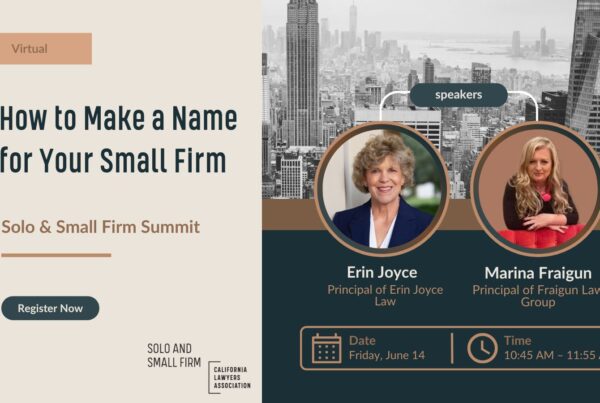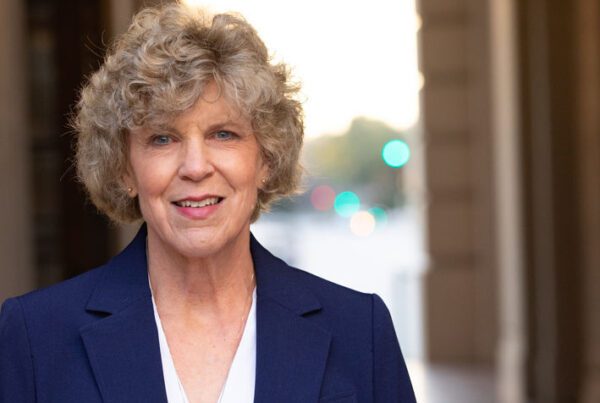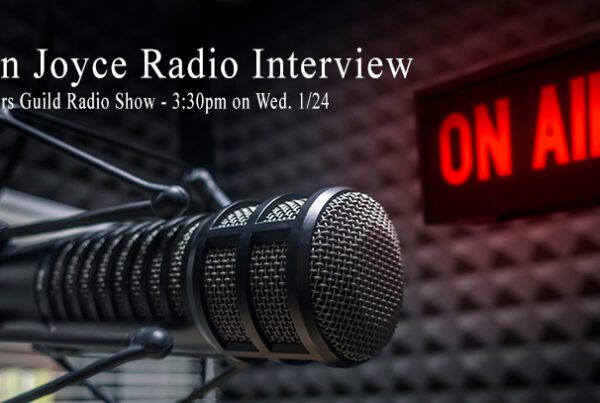BARRISTER TIPS
By Justin M. Gordon | Posted: March 2021 Source: LACBA | Los Angeles Lawyer
Legal networking has transformed dramatically over the past year. On March 12, 2020, the day of the Winter Networking Social of the Barristers/ Young Attorneys Section of the Los Angeles County Bar Association, the event was “postponed” out of an abundance of caution. Though a great deal of work was necessary to organize it, a contagious virus—which thrives on human interaction— won out. A few days later, offices and courtrooms shuttered. So long to the days of shaking hands with fellow attorneys at the Montage in Beverly Hills. Hello, Zoom breakout rooms!
While the transition from in-person to virtual networking has not been without kinks, many positive attributes also have emerged: no more sitting in bumper-to–bumper traffic; no exorbitant parking fees; and, if the conversation is dragging on, there is always the option of disappearing and blaming the Internet connection. Now is the perfect time for young attorneys to hone their networking skills and build their books of business. Venues may have changed, but the fundamentals have not.
Changing one’s beliefs does not occur overnight. Kohn posits two main strategies for attorneys to develop to disrupt the negative cycle. The first is viewing business development as a process of bringing value to others. Many attorneys do not enjoy feeling they are constantly marketing themselves. However, shifting the concept from “selling oneself” to “providing value to others” can lend an air of authenticity to a process that often seems superficial and self-serving. Attorneys educate clients about their rights and help them make informed decisions in a complex world. This progression in thinking can make networking feel less boastful, and more fulfilling and meaningful.span class=”gmail_default”>Secondly, attorneys must learn to identify the best groups with which to associate. Time is a precious asset and a shame to waste. For instance, a criminal defense attorney should not become a little league coach hoping to build up his practice; that may be a recipe for discouragement. Kohn urges attorneys to “segment the market,” zeroing in on the best referral sources in the field to avoid marketing in the wrong environment. A criminal defense attorney might seek out personal injury law conferences as a forum to add value, while an estate attorney can present to a real estate firm about common pitfalls within probate. With almost everything being accomplished virtually, it is easy to discover new opportunities online from the comfort of one’s own home.To build one’s practice, Kohn argues that attorneys need “systems for meeting new people.” Having worked with thousands of attorneys, he has witnessed a strong tendency for attorneys to stop marketing and merely focus on the work at hand. He cautions this is a huge mistake. If attorneys only nurture current relationships, they may lose potential sources of business. All of one’s best referral sources were once strangers. In the end, it is a numbers game: Expanding one’s “community of allies” will eventually lead to new clients. Kohn notes that it is important to distinguish a “community of allies” from a “community of friends.” Establishing friendships must not be the ultimate goal but merely a nice, unintended consequence of building one’s practice.
There are also ethical considerations when establishing referral sources. Erin Joyce, a former California State Bar prosecutor, who now defends attorneys in trouble with the Bar, distinguishes between a “quid pro quo” relationship and thanking one’s referral sources: “While Rule of Professional Conduct 7.2 prohibits entering into an exclusive referral arrangement (even when no monies change hands) and Rule of Professional Conduct 5.4 prohibits any fee sharing with a non-attorney, it is acceptable and probably a good business practice to thank referral sources with gifts or gratuities.” The important distinction is that a gift is “not required or owed.” While it is unethical to have an exclusive quid pro quo relationship, sending a bottle of wine is not only permitted but also a great way of showing one’s appreciation.
Thus, attorneys should not feel compelled to “return the favor” to every referral source; it is impossible to send clients to all of one’s contacts. There are other ways to demonstrate gratitude, e.g., attorneys can educate them on the law, introduce them to individuals who may be helpful to their line of work, and, most importantly, do a good job for their clients.
During this time of isolation and physical separation, attorneys should seek out opportunities to strengthen their networks. Kohn and Joyce host a morning networking session over Zoom on the second Friday of each month through LACBA. The Barristers/Young Attorneys Section holds virtual networking events each quarter. There are nontraditional avenues as well, such as organizing an informative webinar with a non-attorney professional. The key is to keep the process interesting and to demonstrate the value that this profession brings to so many in need. Here is to (hopefully) shaking hands again in 2021.”
LAW IN THE NEWS


Top Professional Responsibility Lawyers 2024

Lawyers Guild Radio Show
CONTACT ERIN JOYCE LAW
REPRESENTING CLIENTS THROUGHOUT ALL OF CALIFORNIA
When you get a letter from the State Bar, don’t go it alone! You need competent, experienced counsel to respond to the State Bar at every stage. Your license is at risk, so ensure you have the best representation from a former State Bar prosecutor before sending any response to an investigator or responding to formal charges leveled by the State Bar. You cannot make an informed decision without good advice. Call Erin now.











